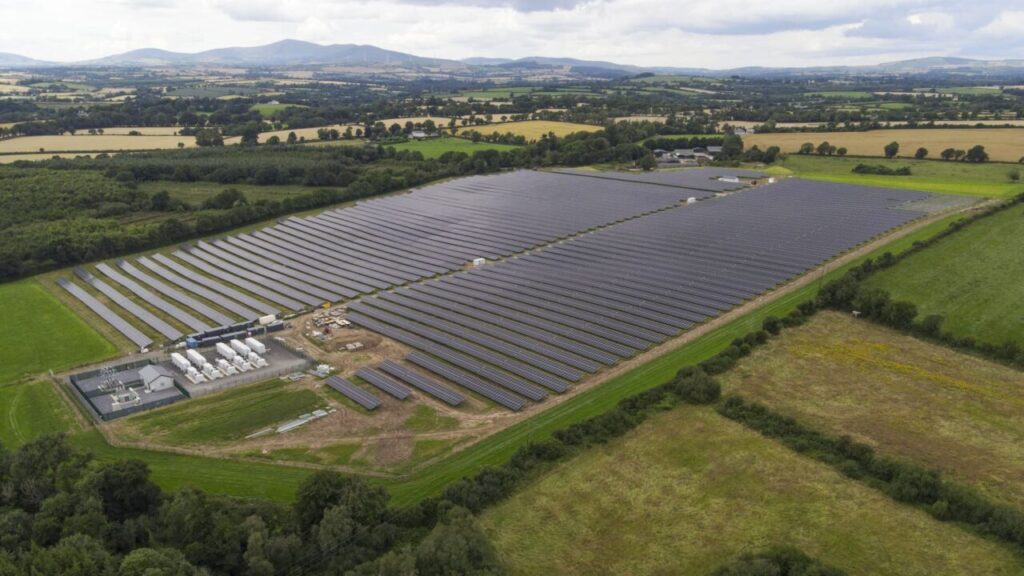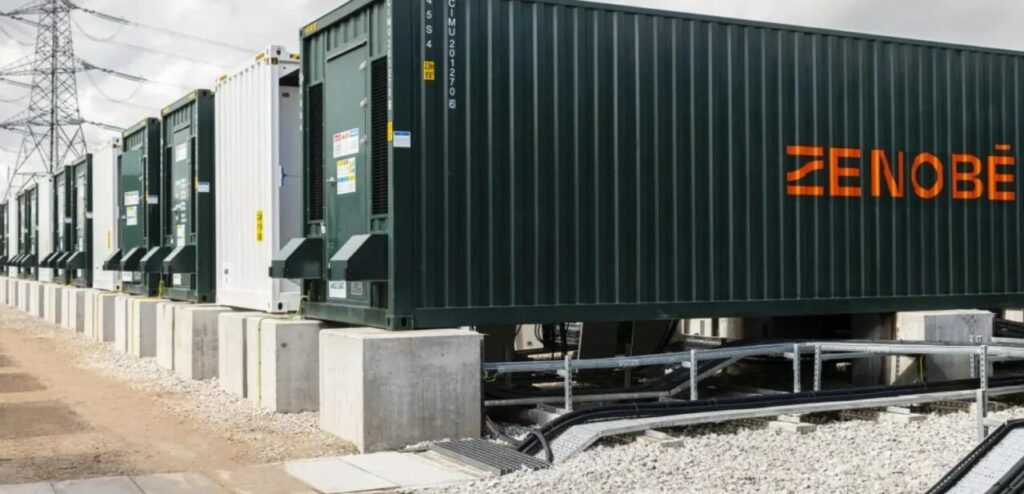Solar Energy UK: Planning consultation brings clarity for solar projects
 The proposed amendments say that local authorities “should support planning applications for all forms of renewable and low carbon development”. Image: Tom Ryan Casey Photography via NTR.
The proposed amendments say that local authorities “should support planning applications for all forms of renewable and low carbon development”. Image: Tom Ryan Casey Photography via NTR.
Consultation on the National Planning Policy Framework (NPPF) was opened yesterday (30 July), with changes intended to “turbo-charge” the delivery of renewable generation by giving “significant weight” to the benefits associated with renewable and low carbon energy generation.
Solar Energy UK says the solar industry has welcomed proposals to change planning rules for solar projects.
The proposed amendments say that local authorities “should support planning applications for all forms of renewable and low carbon development”, giving “significant weight… to renewable energy generation and a net zero future.” A further change would recognise that “even small-scale and community-led projects provide a valuable contribution to renewable energy generation and a net zero future.”
A major proposed change concerns the use of agricultural land. The EN-3 document that governs applications for nationally significant infrastructure projects (NSIPs) – developments with a capacity of over 50MW for England and over 350MW in Wales – defines renewable energy generation as “critical national policy” infrastructure, stating that “national security, economic, commercial and net zero benefits” tend to outweigh any impacts.
Indeed, it states that the grade of agricultural land that may be used for them “should not be a predominating factor” in determining applications. This is a change from the current NPPF which refers to the consideration of agricultural land for food production. Local planning authorities have used this to refuse planning permission for solar farms.
“The industry will be glad to see the back of this provision in the NPPF, which was used a pretext for planning refusals. As Energy Secretary Ed Miliband said recently, solar farms do not pose a threat to the nation’s food security – and never will,” said Chris Hewett, chief utive of Solar Energy UK.
A recent publication by Solar Energy UK slams the idea that solar farms are a threat to national food security, citing new Secretary of State Ed Miliband’s comment that the government will proceed “not on the basis of myth and false information, but on evidence”.
Changes to the NSIP threshold
Another major part of the consultation is raising the threshold for projects to be classed as NSIPs from 50MW to 150MW. The argument in favour of raising the threshold is that the application process for a development consent order (DCO) is more complex (and thus expensive) than those made under the town and council planning act (TCPA).
As a result, projects tend to hover around a 49MW capacity, with projects in the 50-150MW deemed not cost effective by developers. The Department for Energy Security and Net Zero (DESNZ) argues that the new proposal should remedy this.
However, as discussed in an article published ahead of the consultation yesterday (30 July), NSIP applications come with a level of clarity that is not a feature of TCPA decisions, which can be inconsistent.
Local planning authorities and the Planning Inspectorate have taken differing positions on the weight to be given to decarbonising the power system, high-quality farmland, visual impacts and development within the Green Belt.
Although the changes to the NPPF are intended to resolve such issues, Solar Energy UK said it remains cautious about changing the 50MW threshold. “The industry will consider the proposals and to what extent they would accelerate solar deployment in the next decade, which is the outcome we all want to see.”
This content was collected from the Internet. If you want to it, please contact grace solar management.


